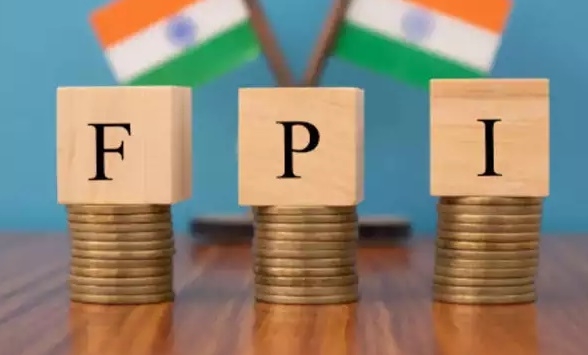Global food commodity prices rose in July, influenced by the termination of the Black Sea Grain Initiative and new trade restrictions on rice….reports Asian Lite News
The UN’s Food and Agriculture Organization’s (FAO) All Rice Price Index increased by 2.8 prcent on the month and 19.7 percent on the year to reach its highest nominal level since September 2011, as India’s 20 July prohibition of non-parboiled Indica exports fostered expectations of greater sales in other origins, amplifying upward pressure already exerted on prices by seasonally tighter supplies and Asian purchases.
This upward pressure of rice prices “raises substantial food security concerns for a large swathe of the world population, especially those that are most poor and who dedicate a larger share of their incomes to purchase food,” FAO warned.
The UN agency added that export restrictions can bear adverse consequences on production, consumption and prices that last beyond the duration of their implementation and risk exacerbating high food domestic inflation in many countries.
Global food commodity prices rose in July, influenced by the termination of the Black Sea Grain Initiative and new trade restrictions on rice.
The FAO Food Price Index, which tracks monthly changes in the international prices of globally-traded food commodities, averaged 123.9 points in July, up 1.3 per cent from the previous month while 11.8 per cent below its July 2022 level.
The increase was driven by a sharp jump in the FAO Vegetable Oil Price Index, which rose 12.1 per cent from June after seven months of consecutive declines.
International sunflower oil prices rebounded by more than 15 per cent in the month, due mostly to renewed uncertainties surrounding the exportable supplies after the Russia’s decision to end implementation of the Black Sea Grain Initiative.
World prices for palm, soy and rapeseed oils increased on concerns over output prospects in leading producing countries.
International wheat prices rose by 1.6 per cent, their first monthly increase in nine months, due to uncertainty over exports from Ukraine as well as continued dry conditions in North America.









